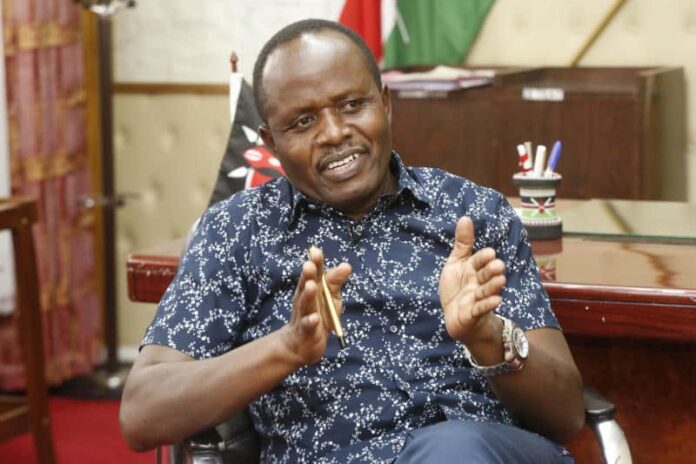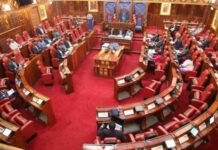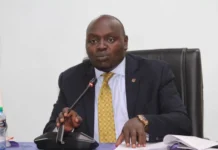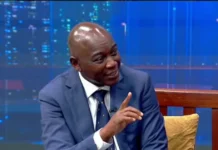Trans Nzoia Governor George Natembeya has sharply criticized the government’s use of excessive police force against protesting citizens, warning that violence will not quell the growing national unrest. Speaking during an interview on Spice FM, Natembeya said the administration’s failure to listen to Kenyans is fueling public anger and deepening disillusionment with national leadership.
“If today one million Kenyans walked to State House, what are they going to do? Are they going to kill everybody?” Natembeya posed. “All these walls we build around ourselves as leaders are fake. They can just crumble. At the end of the day, power is with the people.”
His remarks come in the wake of deadly protests during the Saba Saba anniversary on July 7, where the Kenya National Commission on Human Rights (KNCHR) reported 31 deaths and 107 injuries caused by police crackdowns. In several areas, including the capital, protesters were reportedly chased into their homes and residential estates.
Natembeya, a former regional commissioner, accused the government of turning a deaf ear to the grievances of ordinary Kenyans, particularly the youth. He called on President William Ruto to “put his house in order” and urgently address the underlying economic crisis fueling national discontent.
“We’ve done a huge disservice to this country. Unemployment is nearing 60%. You can go to school and still never get a job, not because you’re unqualified, but because there are no jobs,” he said. “That is what the young people are talking about, and we are taking it too casually.”
The governor urged the state to engage in dialogue and invest in meaningful economic reforms, including initiatives to empower jobless youth and reduce the high cost of living. He warned that unless the leadership changes course, Kenya risks further instability.
The youth-led protests, which gained momentum during last year’s anti-tax demonstrations, continue to demand accountability, economic justice, and an end to what they describe as bad governance.
Written By Rodney Mbua



















